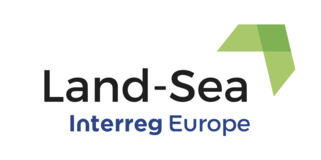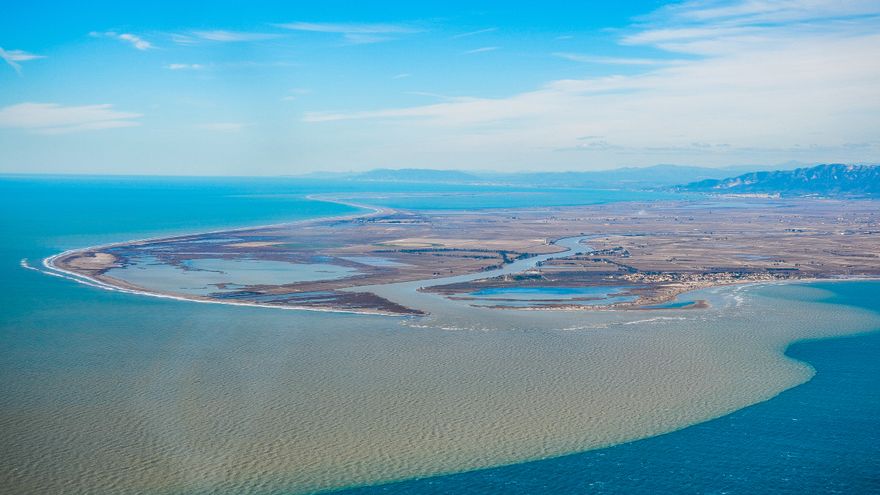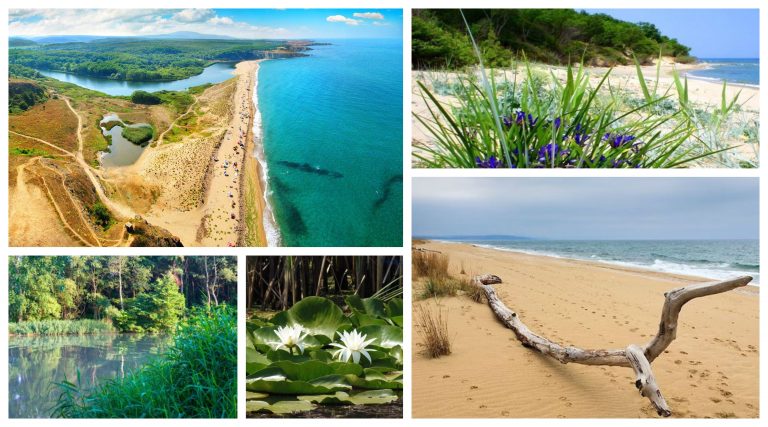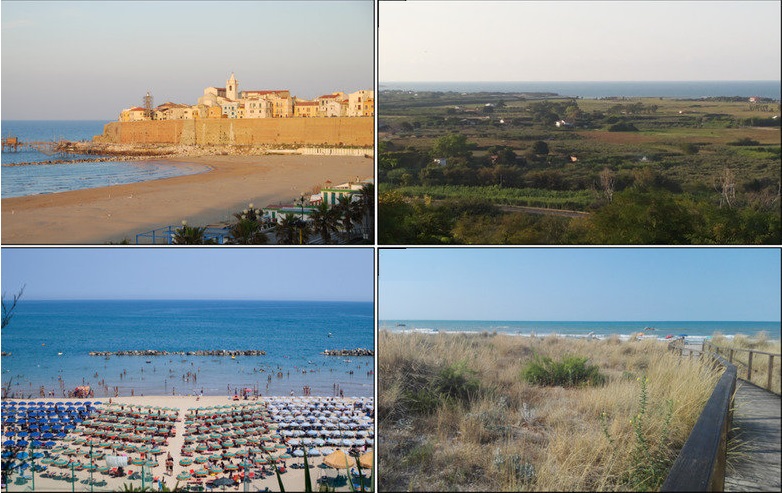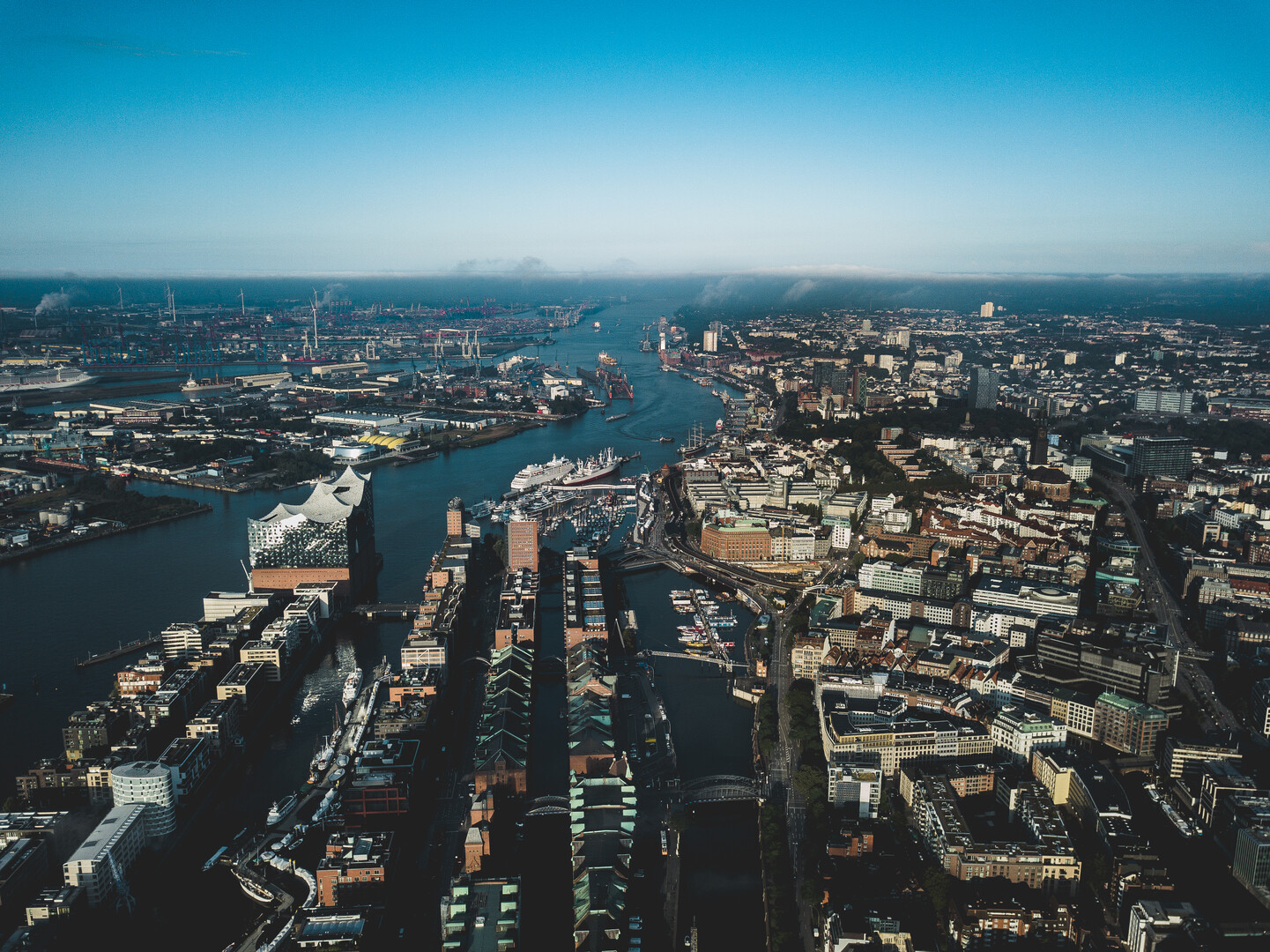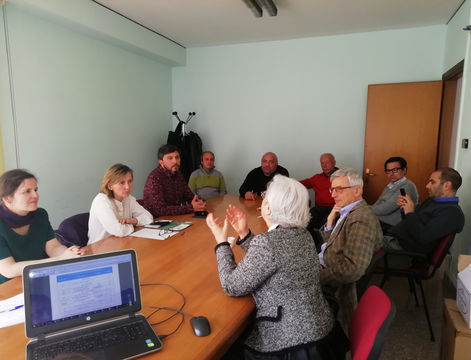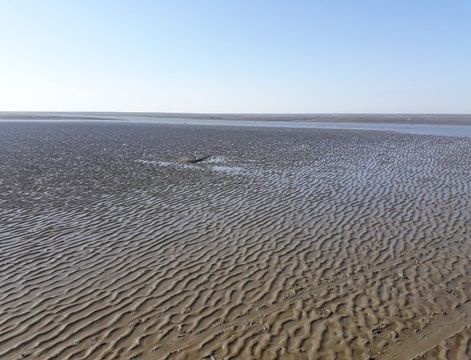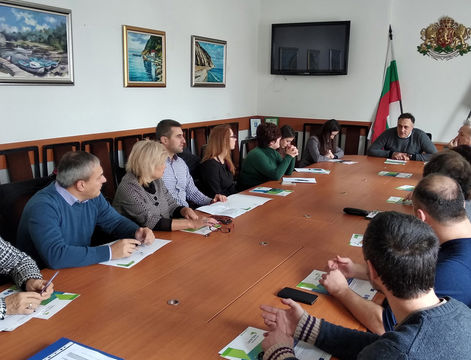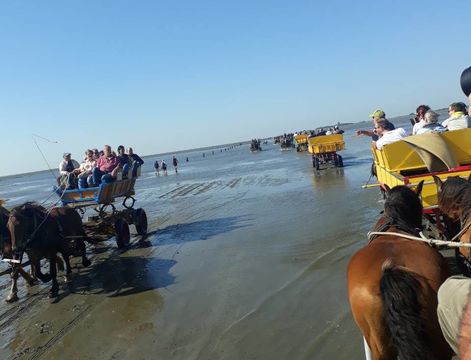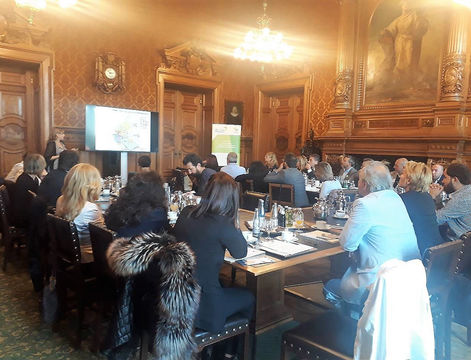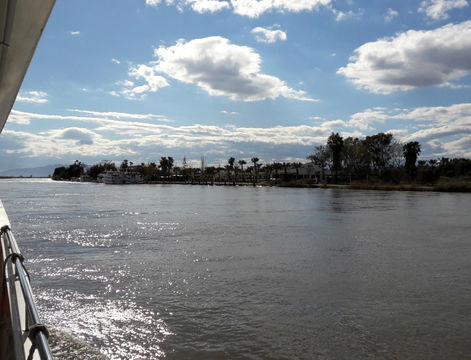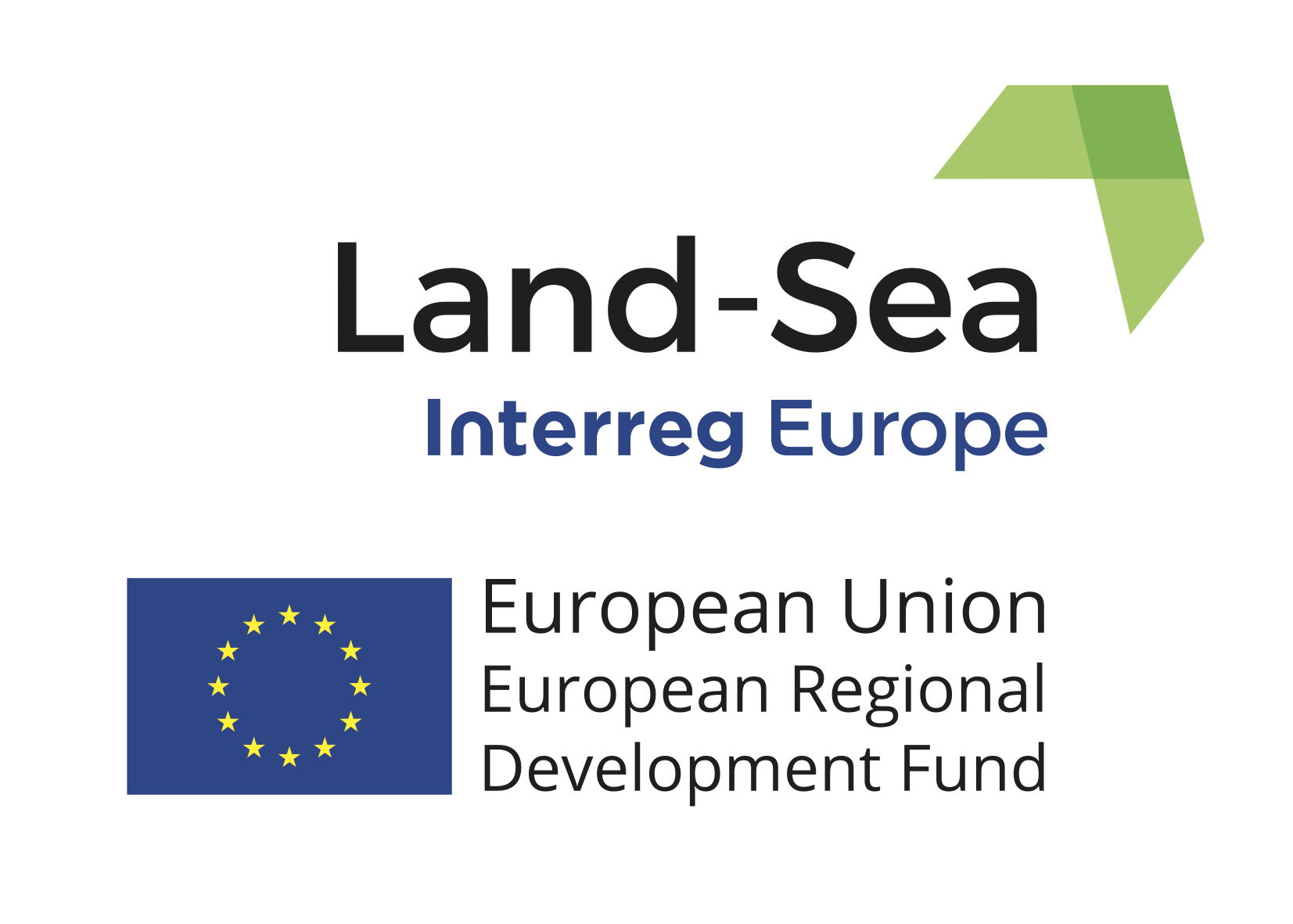Impressive results of great importance achieved during the FIRST YEAR of the Land-Sea project
The partners finalized the first part of the analyzing the regional state of play and started the identification of valuable experiences and practices.
7 stakeholder meetings and stakeholder interviews were carried out, 2 exploring study visits and two thematic seminars took place in Italy and Bulgaria, 2 follow up papers were prepared by the expert panels.
An interregional conference with more than 80 participants was organized in Varna by the Regional Administration in order to launch the themes and the processes for the larger audience.
Overall, respondents and attendees at the events indicated that alternative interpretations of preservation of the Land-Sea system have emerged. This is physiologically due to existing territorial disparities between project partners, even though many common ground have been found. Therefore, the project is a chance to experience a path of good practices exchange addressed by Land-Sea systems with very different characteristics but very similar objectives.
Albeit the Land-Sea project intends to analyse the ecotourism strategies as a whole, some specific cross-thematic objectives between Partner Regions have been highlighted. The idea to focus on a limited number of selected fields increased the Project potential to make a substantial impact on regional policies.
Molise, Catalonia and Varna regions experience a very large tourist overcrowding in certain areas and/or at some times of the year, especially on the coast in the summer. Therefore, the study of tourism dynamics and its evolution in the course of the years represent an important interconnection point between the partners. The population distribution in coastal zones over the regions could be analysed in the perspective of the life styles and significant comparison could be assessed. Alteration of coastal dynamics by the construction of breakwaters, ports and other structures in the sea can be considered as another important connection point and the exchange of good practices here is strongly recommended.
Improving the role of citizens in coastal management and the need of reducing the negativе impacts of the exploitation, production, consumption and destruction of natural resources as well as to limit the generation and disposal of waste is the key goal for these regions.
The partners agreed that major emphasis should be devoted to the development of specialized tourism products that had the potential to overcome seasonality and create a special emotional connection. In particular, the development of tourism by ensuring the integration of different types of tourism specific to the area, e.g enhancing Spa and Wellness resorts, water sport tourism, wildlife and nature-based tourism etc. seems a promising solution. The planning and management of the coastal and marine environment (especially from the point of view of conservation or environmental sustainability), are the main strategies for mapping of emergencies, realize effective control/monitoring systems, coordinate the environmental restoration of sites, improve infrastructures and services for the eco-tourism sector.
Ecological concerns and environmental impacts of port development and harbour operations represent very important issues for the regions Molise region, Hamburg and Varna. Furthermore, these areas should go forward with the exchange of good practices related to strategies for preserving cultures through ecotourism.
